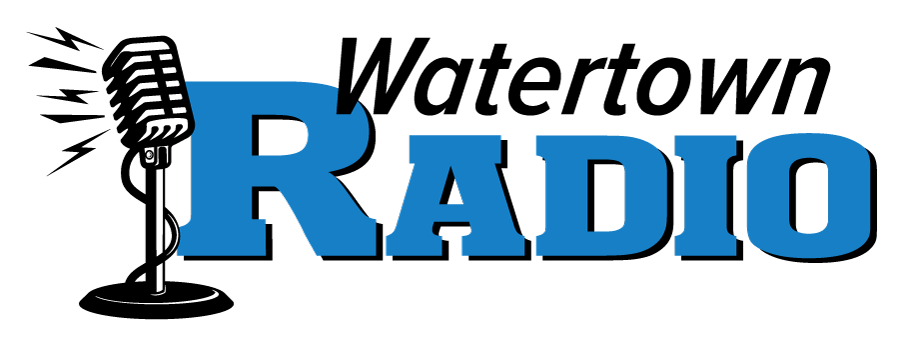Open primary push to see opposition from South Dakota Republican Party

April 20, 2023
SIOUX FALLS — A bipartisan group of activists kicked off a petition drive Wednesday that aims to put open primaries on the South Dakota general election ballot in 2024.
Reporter John Hult with South Dakota Searchlight says the proposal would enshrine the right to vote for every primary candidate of every political persuasion for all voters in the South Dakota Constitution, regardless of a voter’s party affiliation – or lack thereof. In other words, all the candidates for an office would run in one primary open to all voters, and the top two vote-getters would advance to the general election. In races for two offices, such as those for state representatives, the top four candidates would advance to the general election.
The amendment would open up the primaries for governor, U.S. senator and representative, county races and all state legislative races. Democrats currently have open primaries; the state Republican Party does not.
During a kick-off to the petition drive for South Dakota Open Primaries, the group backing the measure, supporters outlined reasons for changing the system.
Tom Heinz of Dakota Dunes said leaving Democrats, independents and minor party candidates – who add up to more than half of South Dakota’s registered voters – out of primaries disenfranchises the people who pick up the tab for primary elections.
Heinz is an independent voter, and he said he and his fellow independents deserve a vote.
“We pay for the primary elections, but as an independent voter, I can’t vote in them,” Heinz said.
There are ideological impacts to a closed primary system, according to Tom Dempster, who formerly served nine years on the Minnehaha County Commission and eight years in the Legislature.
Dempster, a Republican, argued that partisan primaries push partisan leaders to the top of the ticket regardless of what a majority of the voters want. That poisons the well of public debate, he argued, because it offers no incentive for candidates to listen and learn from the other side.
“Our partisan primary system too often focuses candidates on a very small and ideological view, and over time, the positions become more and more extreme,” Dempster said. “That means we don’t talk to each other anymore. We don’t work together. We just yell and yell and yell.”
The lack of challengers in primary races troubles Jason Pieper of Watertown, an independent who said he typically votes Republican. More than 70% of primary races in South Dakota were unopposed in 2022, he said. In the general election, 40% of races were unopposed.
Candidates with more measured views simply don’t bother running, he said. They would if they could trust that all voters had a voice, he said, as they do in open primary states like Texas and Montana.
“Increased competition will make South Dakota stronger,” Pieper said. “Too many good candidates declined to run because they will be forced to align with the extremes of their respective parties.”
De Knudson, a former Sioux Falls city council member, pointed out that the fiscal note for the amendment suggests that 50,000 more people would vote in primaries if the measure were to pass. That would cost the state an additional $23,000 for printing ballots.
South Dakota Republican Party Chair John Wiik hopes the state doesn’t have to spend that money. Wiik hopes the measure doesn’t make it onto the ballot at all, and would like to see it defeated handily if it does.
“We are 110% opposed to the idea,” Wiik said. “It is our job in the Republican Party to put out the best candidates and decide who’s going to represent us on the general election ballot.”
That all voters pay for primary elections isn’t an issue that ought to preclude the party from walling off its primaries for its own voters, Wiik said.
“A primary is a necessary part of the election. It serves the entire public,” Wiik said.
The GOP chair also said there are concerns about population centers moving the needle on the kinds of candidates who make their way onto the general election ballot. Voters deserve to trust that candidates running as Republicans share the party’s values, he said, and opening primaries to all voters could muddy the waters.
“I don’t think downtown Sioux Falls should be deciding who we should have on our general election ballot,” Wiik said. “It’s an old adage of mine: Pick a side and stick with it. If you run in the middle of the road, you’re bound to get run over.”
Supporters of the open primaries amendment will need to collect 35,017 signatures from registered voters by May 7, 2024, to appear on the November 2024 ballot. The backers plan to educate and engage the public on the issue at places like the Levitt Shell or Department of Motor Vehicles in Sioux Falls and throughout 2023 as they gather signatures, according to Joe Kirby, chair of South Dakota Open Primaries.
“This is all about fairness and better government,” Kirby said. “Our slogan is ‘let all voters vote.’”
South Dakota Searchlight can be found by clicking here: https://southdakotasearchlight.com/2023/04/19/open-primary-push-to-see-opposition-from-state-republican-party/?eType=EmailBlastContent&eId=e4092540-9132-4c61-a027-f0c0c075d4e4




